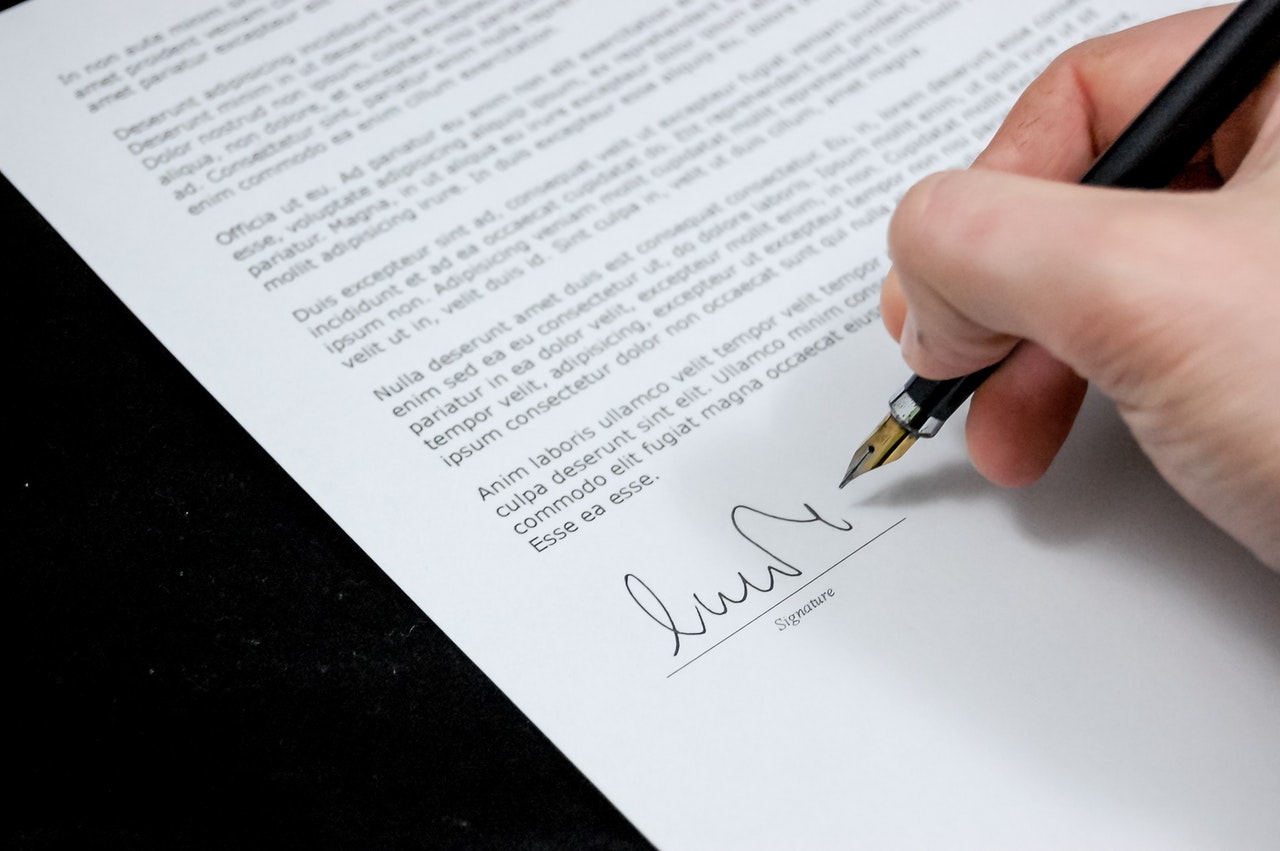The subject of honorifics has recently caught the attention of the National Centre for Inference Assumption and Conjecture (NCIAC). NCIAC has determined that further development of the concept is required.
Honorifics are extra bits and also pieces added to a person’s name to denote various things, such as gender, profession, academic achievements, and national awards.
While many of the currently accepted honorifics are considered “quite good” according to NCIAC, we feel there is much room for expansion of the concept, and a lot of things that currently cannot be expressed through honorifics.
To this end, NCIAC has developed a list of new honorifics that can be used in everyday life. These honorifics are expected to be rolled out more widely in society in the coming months.
Below is a selection of the new honorifics developed by NCIAC.
Drnk., Irrev., Lft. Hon
It is common to see professions indicated by honorifics, particularly in medical, military and religious careers. These titles can be expanded in use, however, and used to denote non-career related things.
Drnk., not related to Dr., denotes that somebody is currently under the influence of alcohol, and wishes for this to be known. This is particularly useful when writing emotion-filled text messages or emails that would not ordinarily be sent whilst sober.
Irrev., not related to Rev., is used to indicate that the writer is currently not taking seriously things that would under normal circumstances be taken quite seriously. Similar to the Silly honorific, but more specific.
Lft Hon., not related to Rt Hon., indicates that the writer is no longer present, but has not departed under disreputable circumstances.
These would be used in the following way:
• Drnk. Theodora Busseldorf (spoken as The Drunk Theodora Busseldorf. Some circumstances may call for use of V Drnk., or The Very Drunk)
• Irrev. Theodora Busseldorf (spoken as The Irreverent Theodora Busseldorf. Similarly, V Irrev., or The Very Irreverent can be used)
• Lft Hon. Theodora Busseldorf (spoken as Theodora Busseldorf, who has Left Honourably)
Ser. and Sil.
While comparisons may be made between “Ser” and “Sir”, these two honorifics are quite separate from knighthood.
“Ser.“, in this case, denotes a person who is Serious. “Sil.” denotes somebody who is comparatively Silly. This information is useful to denote, especially in written correspondence, as tone of voice and facial expressions can tell a conversation cohabitant whether a person is by nature serious or silly, but these are difficult to communicate through text.
This honorific will be used before a person’s name in signing off a letter or piece of written correspondence, thusly:
• Sil. Reginald Personson (denotes Reginald is Silly)
• Ser. Reginald Personson (denotes Reginald is Serious)
In cases where it is required that the point be driven home further, the following serious/silly suffixes may be used:
• Sil. Reginald Personson, NVS (Not Very Serious)
• Ser. Reginald Personson, RQS (Really Quite Serious)
Hobbies and interests
Many people in society broadly define themselves to other people by way of their professions. This is reflected in many honorifics indicating professions as stated above.
On the other hand, some people define themselves by their hobbies or interests outside of work. For example, Warren Quibbles is a public servant by profession, but he introduces himself to strangers as the owner of five adoring cats.
In this case, Warren may want to use the honorific “Mw.” to indicate that he is a cat person.
The usage of these honorifics, along with some further examples:
• Mw. Warren Quibbles (spoken as Meow Warren Quibbles, indicates adoration of felines)
• Warren Quibbles, Cyc. (spoken as Warren Quibbles, Cyclist. For if Warren enjoyed riding a bike)
• Warren Quibbles, Bib. (spoken as Warren Quibbles, Bibliophile. Reveals Warren as an avid reader)
Version numbers
Some inspiration in honorifics can be taken from other fields, such as technology.
In software, it is common to denote differences in versions or revisions with a version number. Usage of this varies greatly, but typically whole numbers denote a major revision in software, where increases after the decimal point denote a minor revision. This can be used effectively in honorifics as well.
For example, Betty Hargreaves v1.2 may upgrade to Betty Hargreaves v2.0 if she had just undergone a major personality revision. After this, Betty Hargreaves v2.1 would denote a further, minor revision. Some software uses an even further decimal (e.g. v2.1.5 to v2.1.6) to denote small bug fixes.
Letters can also be appended to version numbers to indicate the release status of a personality revision. Betty may be just testing out her v2.1.6 revision before wider release, and would indicate this as Betty Hargreaves v2.1.6b (b for beta).
The usage for this honorific is as follows:
• Betty Hargreaves v1.2 (an early version of Betty)
• Betty Hargreaves v2.0 (a major update to Betty’s personality. May function quite differently to Betty v1.2)
• Betty Hargreaves v2.0.1 (bug fixes)
• Betty Hargreaves v2.1.6b (may not reflect final product functionality)
• Betty Hargreaves v2.1.6rc-1 (Release candidate 1, prior to open release)
Various other honorifics
NCIAC has developed a number of other honorifics:
• Doff: Indicates that a person is not wearing a hat, opposite of Don (e.g. Doff Giovanni Bicicletta)
• OEM: Original Equipment Manufacturer, not to be sold separately (e.g. Wynne Doughs, OEM)
• Precaf: Hasn’t yet had coffee, and requires one prior to effective communication (e.g. Norman Prangelwurst, Precaf)
• Overcaf: Perhaps had too much coffee, resulting in a different kind of lack of effective communication (e.g. Glenda Prangelwurst, Overcaf)
• Grump: Indicates now is perhaps not the best time to ask for a favour (e.g. Marvin Hoggle, Grump)
NCIAC will be rolling these new honorifics out to society in the next few months.

